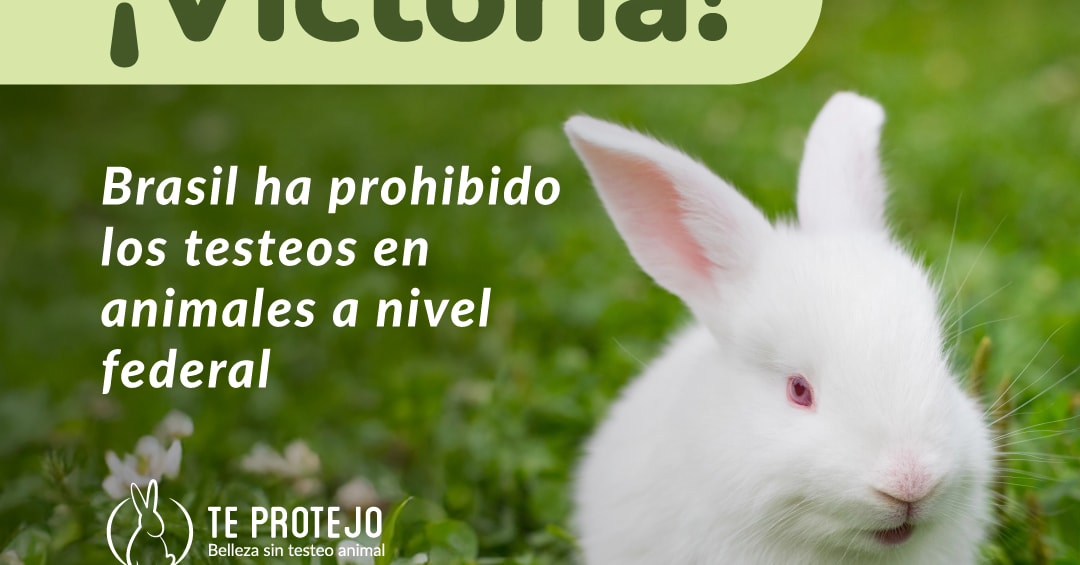Today, animal protection groups Animal Outlook and Legal Impact for Chickens filed suit in the Superior Court of the District of Columbia, Civil Division, against DC butcher shop Harvey’s Market for misleading marketing practices regarding its foie gras, which is sold under an advertising banner with the phrases “humanely raised stock,” “all-natural,” and “free range.”
Please find a full press release here and below, and the complaint here. If you’d like more information, or to speak with the legal team, please contact my colleague Kathryn Evans at 888-581-8797 and kathryn@legalimpactforchickens.org.
Thank you,
Sage
__
Foie Gras Faux Pas? DC Butcher Shop Sued for Deceptively Advertising the “Fatty Liver” as Humane
For Immediate Release: October 15, 2024
Washington - This morning, animal protection groups Animal Outlook and Legal Impact for Chickens filed suit in the Superior Court of the District of Columbia, Civil Division, against DC butcher shop Harvey’s Market for misleading marketing practices. As alleged in the complaint, the vendor at DC’s trendy Union Market sells foie gras under an advertising banner with the phrases “humanely raised stock,” “all-natural,” and “free range.” But the foie gras comes from birds who were force-fed via tubes two to three times a day for up to three weeks to enlarge their livers as much as tenfold, and who were kept entirely indoors, according to the lawsuit.
The foie gras sold by Harvey’s Market is labeled as coming from New York’s Hudson Valley, where the two largest foie gras producers in the United States—Hudson Valley Foie Gras, LLC and La Belle Farm, Inc.—are located. The producers receive thousands of ducklings each week. When the ducks hit 13 weeks of age, an employee starts putting a tube into each bird’s throat first twice, then three times per day, pumping food directly to the bottom of the duck’s esophagus. The producers do this to every duck every day for 16–21 days, and then slaughter the duck. As alleged in the complaint, this forced feeding causes liver disease (“foie gras” literally means “fatty liver”) and various other health issues in the ducks; repeatedly forcing tubes down their throats may also cause the ducks fear and pain.
“Life is grim for the animals violently force-fed multiple times a day before being slaughtered for Harvey’s Market,” says Legal Impact for Chickens President Alene Anello. “The shop’s customers expect and deserve an honest and quality shopping experience, yet they are blatantly deceived about the feathered former owners of the diseased livers being peddled to them.”
“There is nothing humane about force-feeding ducks to produce foie gras,” says Animal Outlook Executive Director Ben Williamson. “Stuffing pipes down their throats and pumping huge amounts of grain into their stomachs is a cruelty that we can all live without, and one that has been condemned by top avian experts and leading veterinarians, and has been banned in the state of California. Consumers deserve transparency and truth, not deceptive marketing that hides the cruelty behind these practices. The truth is that the main ingredient in foie gras is cruelty to animals.”
ABOUT ANIMAL OUTLOOK
Animal Outlook is a national nonprofit 501(c)(3) animal advocacy organization based in Washington, DC, and Los Angeles, California. It is strategically challenging animal agribusiness through undercover investigations, legal advocacy, corporate and food system reform, and disseminating information about the many harms of animal agriculture, empowering everyone to choose vegan. Follow the group on X, Facebook, Instagram, or YouTube, and visit TryVeg.
ABOUT LEGAL IMPACT FOR CHICKENS
Legal Impact for Chickens (LIC) is a society for the prevention of cruelty to animals and a 501(c)(3) litigation charity. As featured in the Washington Post, LIC advocates for farmed animals by civilly enforcing existing cruelty laws in an agricultural context. Follow the group on X, Facebook, Instagram, or LinkedIn.
Contact:
Kathryn Evans, Legal Impact for Chickens
888-581-8797
kathryn@legalimpactforchickens.org
Ben Williamson, Animal Outlook
310-874 0009
PHOTO CREDIT: We Animals Media



